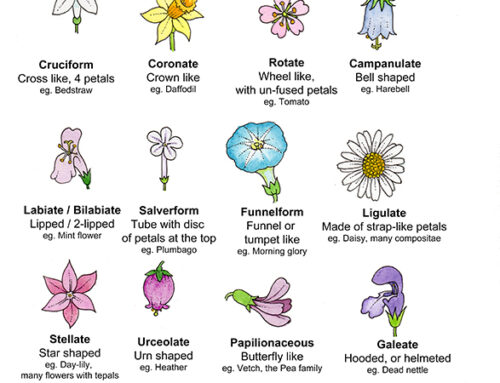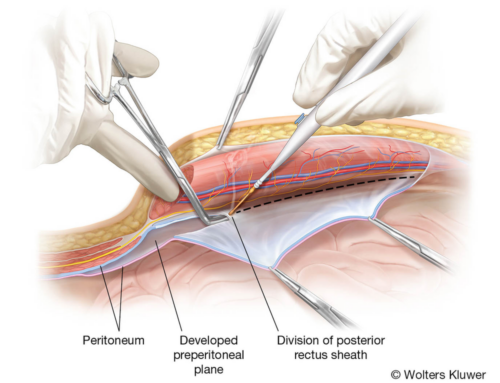So, what did you think about my NPR interview?
The content discussed was DTC (Direct-to-Consumer), in which the narrator’s voice needs to project a caring and concerned tone (like a mother, caregiver or healthcare professional), conveying confidence and experience. Advertisements, whether for hospitals or medications, must be delivered with a human touch. Today it’s all about real people and real situations, and healthcare companies are producing content to connect with their patients in radio and TV, online and on social media sites. Some of the projects I’ve worked on were for the UConn Health Center, Main Line Health, Providence Place, and more.
Where the pharmaceutical marketing is B2B (Business-to-Business), video productions and 3-D animations use voice-overs to tell the story of how drugs can help manage diseases. Pharmaceutical marketing informs medical professionals about the features, benefits, and risks of new medicines; and reaches pharma sales teams, doctors and patients via eLearning, marketing, sales presentations and trade shows. In this capacity, I’ve voiced projects for AstraZeneca, Janssen, J&J, Discovery Labs, GlaxoSmithKline, Novartis, Valeant Pharmaceuticals, and Novo Nordisk among others. (There are no links to these videos, as B2B marketing is rarely made public.)
The NY Times recently wrote an article on Informed Consent, detailing how even after we’ve asked our doctor, people still only understand the most basic risks, if that. “A fundamental challenge with this process is that it is often unrealistic to think that you actually could be fully informed of what you’re about to undergo.” So, if you can’t “be fully informed” after discussing this with your doctor, in his or her office, it’s not likely that a 60-second ad will give you the full scope of the risks and rewards of any given treatment either.
According to the New England Journal of Medicine, in 2015 4 billion prescriptions were filled at pharmacies in the United States.
That said, if you are going to ‘Ask Your Doctor,’ here are a few things you should do and a few questions you can ask:
- Ask him/her to use common words and terms
- Summarize back what you heard
- Request written materials, or even pictures or videos (that’s where I come in!)
- Ask for best-case, worst-case, and most likely scenarios
- Ask if you can talk to someone who has undergone ‘the surgery’ or taken ‘the meds’
- Explore alternative treatment options
- Take notes
And, if for any reason, you feel you’re unable to do these things or ask questions on your own, be it because of a language barrier or you’re too shy, have a friend or family member accompany you who can act as your advocate, ask questions, and keep notes.
While we’re on the subject of hospital visits, here are 13 tips for preventing infections and staying safe:
- Check up on your hospital– CR.Org/hospital-ratings
- Postpone a surgery if you have an infection
- Quit smoking before your surgery; it helps reduce the chance of infection
- Prep the night before you enter the hospital but make sure it’s ok to use any special soaps or antibiotic wipes
- Ask about antibiotics — use before or after an operation
- Ask your surgeon to screen you for MRSA, a drug-resistant bacteria
- Heartburn drugs should be questioned — they can cause complications
- Ask whether IVs and catheters are still needed (if applicable)
- Make sure your room is clean; use bleach wipes for door knobs and hand rails
- Make sure your wounds and incision sites are well covered
- Say no to razors — use electric trimmers to clear a surgical site and avoid nicks and openings for bacteria
- Watch for diarrhea
- Everybody needs to wash their hands — doctors, nurses, and you! Just Sayin’






